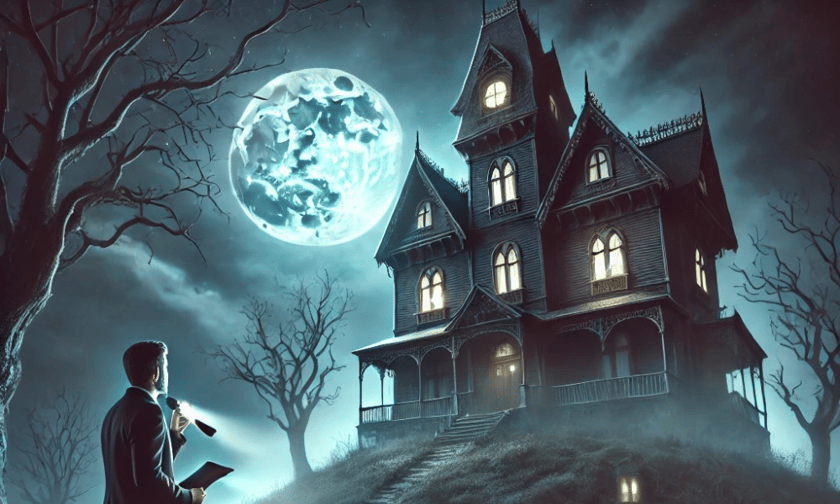

Aviva has delved into its extensive 328-year history, uncovering a range of eerie and unusual stories. From insurance policies covering haunted premises to peculiar claims involving mythical creatures, the company’s archives have a rich collection of ghoulish anecdotes, in time for Halloween.
Ahead of the holiday, Anna Stone, Aviva’s group archivist, shared some of the most intriguing tales from the company’s past.
Stone reflected on the archive’s collection, stating that with a history as long as Aviva’s, it was inevitable that a few "skeletons in the closet" would emerge.
“From ghostly encounters to bizarre insurance claims, our records reveal some truly spine-chilling stories,” she said.
A Suffolk hotel once experienced a string of mysterious fires, which were traced back to the removal of a 300-year-old mummified cat during renovations. The burial of cats within buildings was a medieval practice believed to ward off witches.
After the cat was removed, several fires broke out—first at a framing shop where it was taken, then at a workshop, and finally at the hotel itself. The situation calmed only after the cat was placed in a special casket in the hotel’s dining room. General Accident, now part of Aviva, insured the property, and additional fire prevention measures were installed.
Read More: Revealed – Q2 pet insurance pricing trends
In 1974, General Accident offered a unique clause for a long-distance swimming event in Loch Ness. The policy guaranteed benefits to participants in case of death or injury caused by a "monster". Six swimmers participated under this cover.
Another curious case in 1956 involved London and Manchester, now part of Aviva, which had launched a marketing campaign featuring Tibetan ghost traps. Following the campaign, the company received two letters asking if such traps were available for purchase.
One client, who had experienced a mysterious fire at their premises, even enclosed press cuttings about a poltergeist named Donald, who was allegedly active at the location. According to the reports, Donald was known to switch on an electric cooker and tap out threats in alphabetical code.
In 1988, an amusing request came from a customer asking to remove his wife’s name from a policy after she had left home. He stated that she had taken her belongings, which he listed as "cauldron, broomstick, etc.," with her. The request resulted in a reduction of the sum insured.
A coffin maker once submitted a Fidelity proposal form to Norwich Union, stating his reason for leaving a previous job as "no future". This cryptic remark has lingered as a haunting detail in the records.
In 1954, Norwich Union was approached for “all risks” coverage for a skeleton borrowed from Manchester’s medical school. The skeleton was to be used at a university dance. The company declined to provide a quote, and the skeleton was ultimately left uninsured.
Another story from 1974 involves Friends Provident and Century, now under Aviva, which insured shop premises in York that were said to be haunted. When asked by a journalist if he was concerned about the haunting, the shop owner replied he was not, as his insurance policy covered damage by poltergeists.
In 1984, a ghost tour in Bristol included a former Norwich Union site at 41 Gay Street, where the ghost of an old man had been reportedly seen at a desk, reading through documents.
In 1858, Hand in Hand, another Aviva heritage company, insured the property of Tryphena Wynne Pendarves, whose ghost was said to appear in the garden of the Treslothan rectory on the Pendarves estate. Her spectral presence has attracted paranormal investigators to the site over the years.
What are your thoughts on this story? Please feel free to share your comments below.
